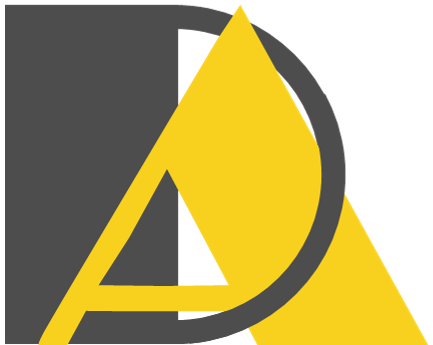Hidden Curriculum
"The school curriculum I define as everything that happens to a young person in the school."
Sir John Dunford
Sir John Dunford has dedicated his life to education. He defines the school curriculum as everything a young person experiences at school within the context of the national education system (Dunford, 2013). His definition is particularly striking and meaningful for the business world.
Although "curriculum" is perceived as part of the formal education system, it is also a significant concept for the business world. This term can be defined as a comprehensive framework that includes formal and informal educational programs. These programs are designed to develop specific skills and knowledge through structured experiences, interactions, and assessments within the workplace, aligning with the organization's strategic goals and objectives. It encompasses all educational and teaching activities to achieve the expected goals. Sir John Dunford draws attention to an essential aspect of this process and defines the official curriculum of an educational program as just the visible part of the iceberg.
I teach project management, and each course is part of the organization's educational program focused on development areas aligned with corporate strategic goals. These programs have the same functional roles in business as curriculum within the national education system (Egan, 1978). Although the courses are tailored to the expectations and requirements of the organization requesting them, they are insufficient for achieving educational programs' long-term objectives. The learning process should continue outside these corporate training programs; employees learn while doing their jobs. Therefore, department managers' and leaders' interactions with employees throughout the year are expected to align with educational programs' strategic goals and objectives. Without such an alignment, formal training sessions would not yield sustainable outcomes.
In one of my delegation skills courses, I was surprised by the participants' distrust of management. Trust is crucial in a delegation process, and in an environment where employees do not trust their manager, it would be impossible to make improvements in this area with only classroom training.
Corporate training programs are only part of efforts focused on employee development. Trainers' efforts alone are not sufficient for sustainable development. Employee development occurs more through interactions and experiences within the natural flow of work life. The success of development programs depends on the approaches of top management, department managers, leaders, and, of course, instructors' skills. Therefore, long-term success in development programs requires an appropriate organizational climate and leadership skills to accomplish the expected value across a company.
References
Dunford, J., (2013). The Hidden Curriculum. Teaching Leaders National Conference 2013, https://www.youtube.com/watch?v=0GArXFThb_E
Egan, K., (1978). What is Curriculum?, Curriculum Inquiry, (volume 8, number 1, 66-72). Blackwell Publishers. https://www.academia.edu/29839677/What_is_Curriculum

